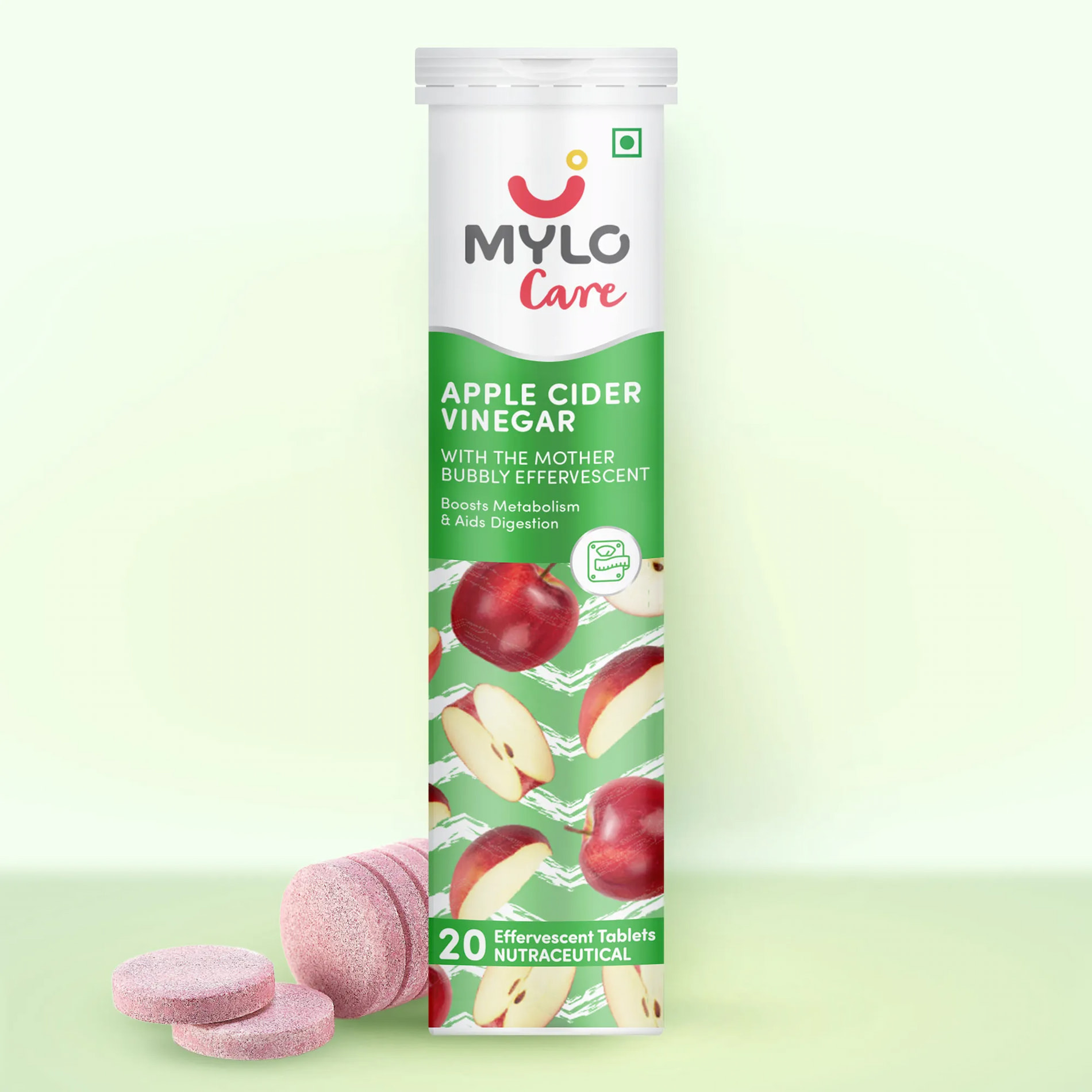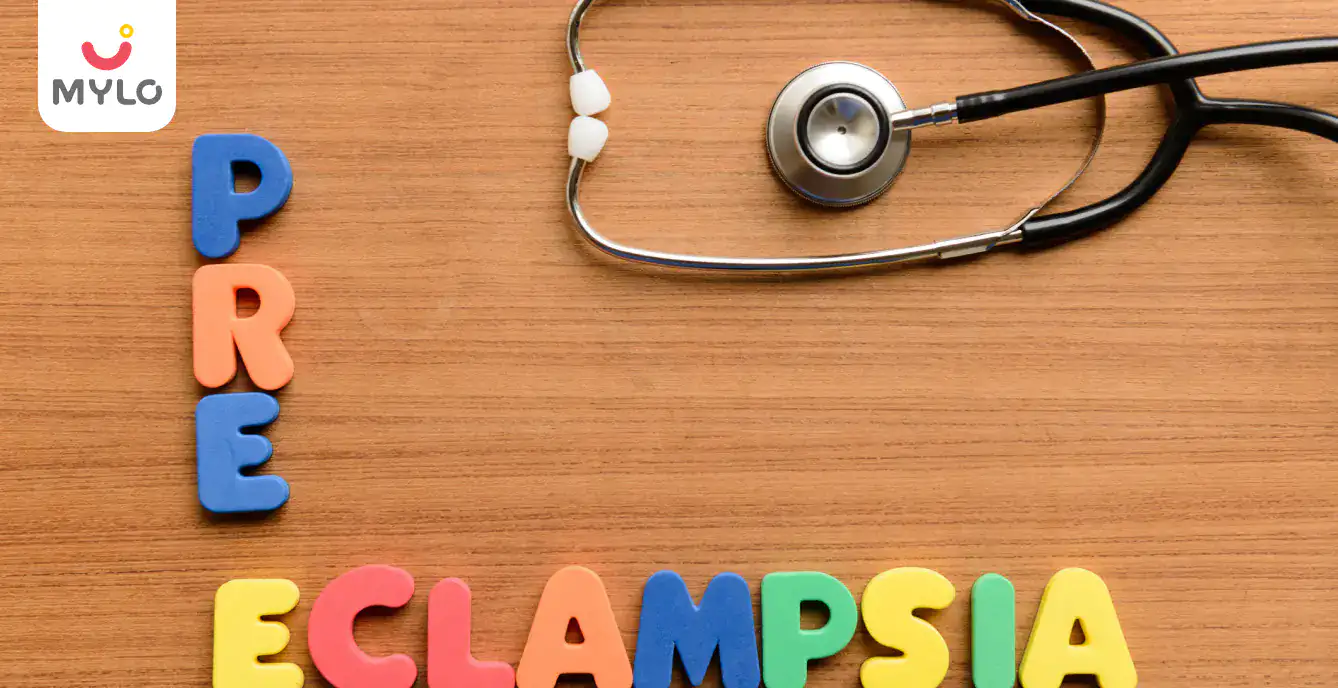Home

Health Tips

5 Golden Rules to Help You Prevent Apple Cider Vinegar Side Effects
In this Article

Health Tips
5 Golden Rules to Help You Prevent Apple Cider Vinegar Side Effects
Updated on 19 April 2023
Apple cider vinegar has been hailed as a miracle cure for various health issues, from weight loss to skin problems. However, like any other natural remedy, apple cider vinegar has its own set of side effects. These apple cider vinegar side effects may range from minor digestive issues to serious health conditions.
In this article, we will discuss the five golden rules that can help you maximise apple cider vinegar benefits and side effects can be minimised.
What are some common side effects of apple cider vinegar?
Apple cider vinegar (ACV) is a type of vinegar made from fermented apple juice. While it has been touted for a variety of health benefits, including weight loss and improved digestion, there could also be some apple cider vinegar side effects.
Here are some of the most common side effects of consuming ACV:
Digestive issues:
ACV can cause digestive issues like nausea, indigestion, and diarrhea, especially when consumed in large amounts. This is because it is highly acidic and can irritate the lining of the digestive tract.
Low potassium levels:
ACV can lower potassium levels in the body, which can cause muscle weakness, cramping, and even heart palpitations.
Skin irritation:
Applying undiluted ACV directly to the skin can cause irritation, redness, and even chemical burns.
Interference with medication:
ACV can interfere with the absorption of certain medications, such as insulin and diuretics, and can also interact negatively with blood thinners and other medications. This is one of apple cider vinegar side effects.
Delayed stomach emptying:
ACV can slow down the rate at which the stomach empties, which can cause feelings of fullness and bloating.
Damage to the esophagus:
Drinking undiluted ACV can cause damage to the esophagus, leading to pain, difficulty swallowing, and even long-term damage.
Hypoglycemia:
ACV can lower blood sugar levels, which can be dangerous for people with diabetes or those taking medications that lower blood sugar.
Tooth enamel erosion:
Apple cider vinegar side effects include erosion of tooth enamel due to its high acidity. This can lead to tooth sensitivity, cavities, and even tooth loss if left unchecked.
It's important to note that most of these side effects are associated with consuming ACV in large amounts or using it in concentrated form. Diluting ACV with water or using it in moderation can help reduce the risk of side effects. Also, understand that apple cider vinegar benefits and side effects go hand in hand. A perfect balance of the consumption of apple cider vinegar will ensure that apple cider vinegar remains only beneficial.
How to use apple cider vinegar to minimise its side effects?
If you want to understand how to use apple cider vinegar (ACV) to minimize its side effects, there are several things you can do:
Dilute it:
The high acidity of ACV can cause digestive issues, tooth enamel erosion, and damage to the esophagus. To minimize apple cider vinegar side effects, dilute it with water before consuming it. A general guideline is to mix one to two tablespoons of ACV with 8 ounces of water.
Drink it with a straw:
To minimize tooth enamel erosion, drink diluted ACV with a straw to reduce the amount of contact between the vinegar and your teeth.
Consume it with food:
Consuming ACV with food can help minimize digestive issues by slowing down the stomach emptying rate. This can help prevent feelings of fullness and bloating.
Start with small amounts:
If you're new to consuming apple cider vinegar and are unsure how to use apple cider vinegar, start with small amounts and gradually increase the amount over time. This can help your body adjust to the vinegar and reduce the risk of side effects.
Avoid consuming it in large amounts:
Consuming large amounts of ACV can increase the risk of side effects. Stick to a moderate amount, such as one to two tablespoons per day, and avoid consuming more than four tablespoons per day.
Consider taking it in tablet form:
If you don't like the taste of ACV or have trouble consuming it in liquid form, consider taking ACV tablets. This can help minimize the risk of digestive issues and tooth enamel erosion.
Talk to your doctor:
If you have any underlying health conditions or are taking medications, talk to your doctor before consuming ACV. They can help determine if ACV is safe for you to consume and provide guidance on the appropriate dosage.
Apple cider vinegar benefits and side effects go hand in hand. But you can minimise the apple cider vinegar side effects by diluting it, taking it with food, starting with small amounts, avoiding large amounts, using tablets, drinking through a straw, and talking to your doctor.

Apple Cider Vinegar Tablets - 20 Tablets - Pack of 1
Clinically Tested | Boosts Metabolism | Controls Appetite
₹ 346

4.3
(644)


3911 Users bought



Written by
Khushboo Jain
Get baby's diet chart, and growth tips

Related Articles
RECENTLY PUBLISHED ARTICLES
our most recent articles

Feeding Schedule
How Long Does Breast Milk Last at Room Temperature?
Home Remedies
Thrush: Causes, Symptoms, Treatment, and More

Illnesses & Infections
Childhood Asthma: Symptoms, Causes & Treatment

Feeding
Reflux in Baby: Symptoms, Causes & Treatment

Preeclampsia
Pre Eclampsia: Meaning, Causes & Symptoms
Illnesses & Infections
Baby Diarrhea: Causes, Symptoms & Treatment
- Bronchiolitis: Causes, Symptoms & Treatment
- Pelvic Pain in Pregnancy: Symptoms & Treatment
- Saliva During Pregnancy: Causes & Prevention
- Effective Ways to Treat Jaundice in Children: Expert Tips for a Speedy Recovery
- 10 Best Original Movies to Watch on Netflix
- Flu, Change of Season or New Covid Variant, XBB.1.16- What’s Causing These Symptoms?
- 5 Ways In Which Music Can Boost Your Baby's Brain Development
- How to Stop Baby Hiccups: Everything You Need to Know
- “Staying Active and Healthy: The Benefits of Safe Exercise During Pregnancy”
- Appendicitis In Pregnancy Symptoms, Diagnosis & Surgery
- 5 Common Myths Busted About Baby Sleep
- “Ectopic Pregnancy: All You Need to Know About This Complication”
- Importance of Typhoid vaccines
- Benefits of eating nuts


AWARDS AND RECOGNITION

Mylo wins Forbes D2C Disruptor award

Mylo wins The Economic Times Promising Brands 2022
AS SEEN IN
















- Mylo Care: Effective and science-backed personal care and wellness solutions for a joyful you.
- Mylo Baby: Science-backed, gentle and effective personal care & hygiene range for your little one.
- Mylo Community: Trusted and empathetic community of 10mn+ parents and experts.
Product Categories
baby carrier | baby soap | baby wipes | stretch marks cream | baby cream | baby shampoo | baby massage oil | baby hair oil | stretch marks oil | baby body wash | baby powder | baby lotion | diaper rash cream | newborn diapers | teether | baby kajal | baby diapers | cloth diapers |




